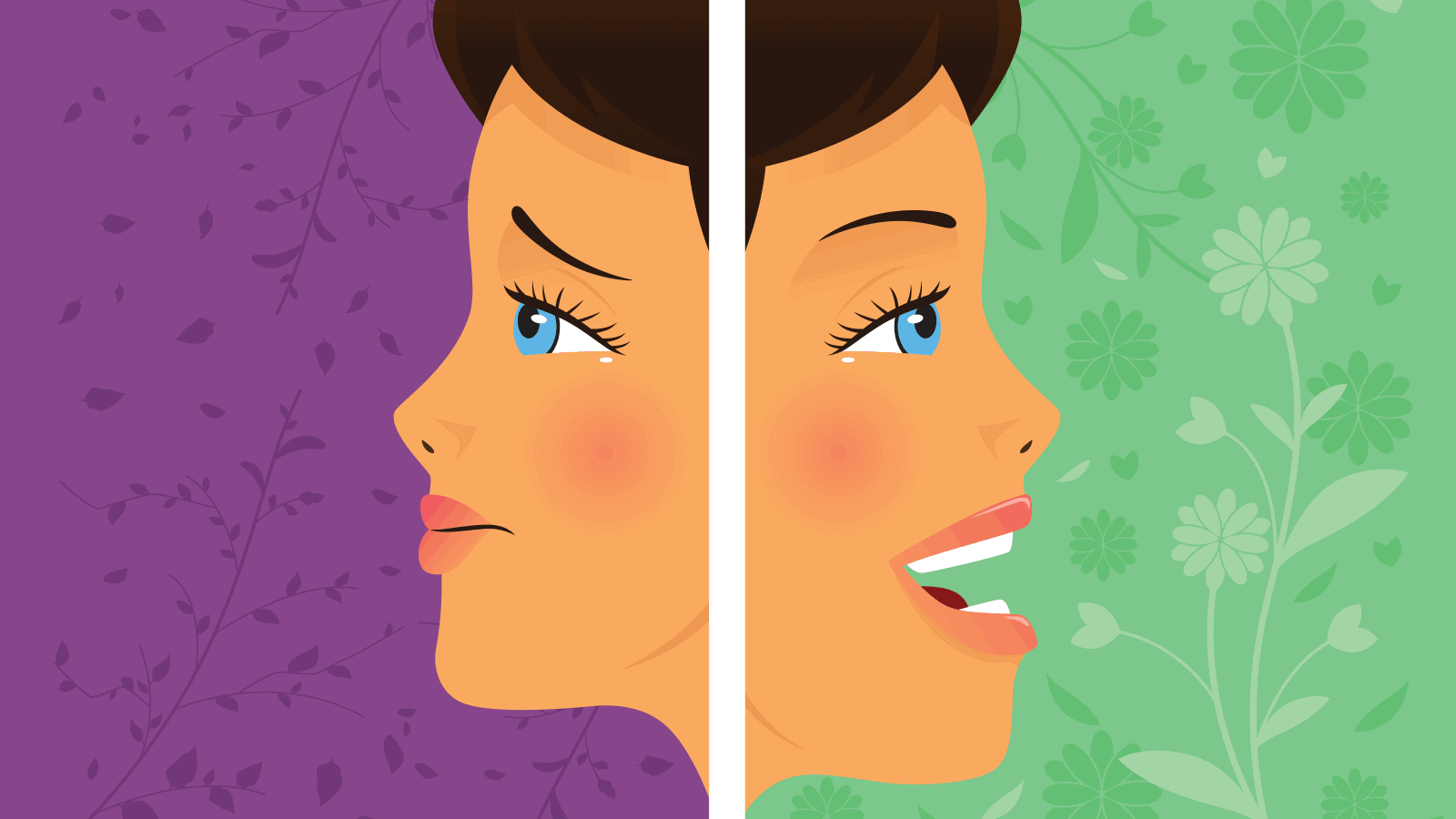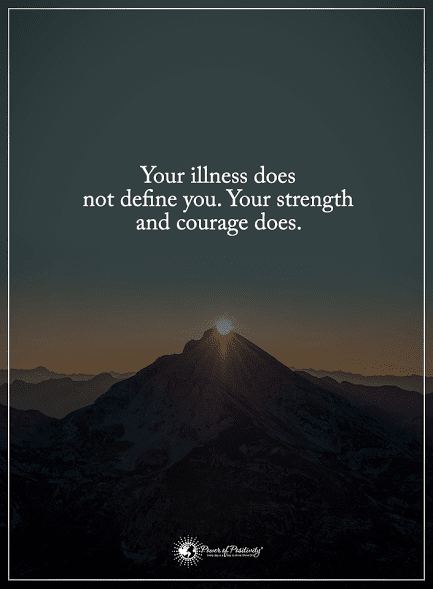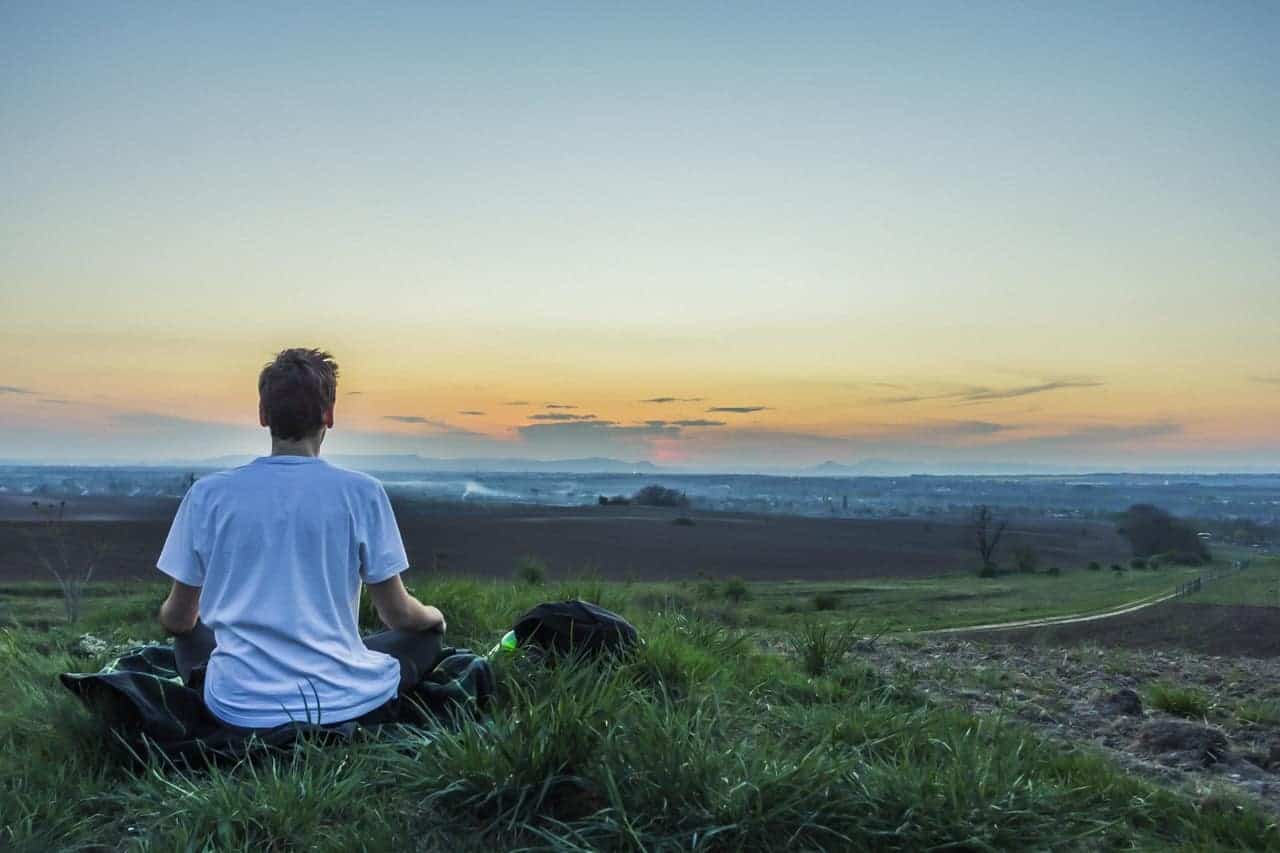Are you searching the internet to learn how to manage depression without relying on chemical drugs?
Zion Research has published a new report titled “Depression Drug Market: Global Industry Perspective, Comprehensive Analysis and Forecast, 2014-2020.” According to the report, the global depression market was valued at USD 14.51 billion in 2014 and is expected to generate revenue of USD 16.8 billion by the end of 2020.” – GlobalNewswire, a Nasdaq company
The National Institute of Mental Health defines depression as: “a common but serious mood disorder. It causes severe symptoms that affect how you feel, think, and handle daily activities, such as sleeping, eating, or working.”
Symptoms of Depression
Symptoms associated with depression are numerous and include the following:
- Persistent sad, anxious, or “empty” mood
- Feelings of hopelessness or pessimism
- Irritability
- Feelings of guilt, worthlessness, or helplessness
- Loss of interest or pleasure in hobbies and activities
- Decreased energy or fatigue
- oving or talking more slowly
- Feeling restless or having trouble sitting still
- Difficulty concentrating, remember, or making decisions
- Difficulty with sleeping, early morning awakening, or oversleeping
- Appetite or weight changes
- Thoughts of death or suicide, or suicide attempts
- Aches or pains, headaches, cramps, or digestive problems without a clear physical cause and/or that do not ease even with treatment.
Depression is a complicated mental disorder; as such, individuals diagnosed with depression may experience subtle to severe symptoms. Some may experience one symptom, others may experience ten. That’s the nature of this terrible illness.
Worse yet, they don’t know why they feel how they feel and, more often than not, don’t know what to do.
Depression is an almost constant state of sadness, fatigue, emptiness and frustration. In most cases, depressed individuals seek the advice of a family physician or specialist (i.e., clinical psychologist or psychiatrist) in a desperate attempt to find answers.
The “Easy” Solution
The “solution” is all too common: anti-depressants.
Within thirty minutes of consulting with a doctor about their symptoms, most M.D.s will whip out a prescription pad and scribble down a 30 to 90-day supply of Zoloft, Prozac, Celexa, Lexapro, Paxil, or any of the dozens of antidepressants available at the local pharmacy.
To be clear, we’re not disavowing the efficiency of anti-depressants. Given the enigmatic nature of the disorder, it’s only fair for doctors to put a patient through a period of “trial and error” in attempting to resolve the underlying symptoms.
Again, to be fair, sometimes anti-depressants do work. The National Center for Biotechnology Information at the U.S National Library of Medicine reports that 40 to 60 percent of patients “noticed an improvement in their symptoms within six to eight weeks.”
Follow the Money
The problem that many people have is the over-prescribing of depression medication.
Much of this over-prescribing epidemic can be attributed to the aggressive (admittedly effective) marketing campaigns of pharmaceutical companies. Consider the revenue of the five most profitable anti-depressant-producing drug companies in the U.S.:
- Novartis (Revenue: $49.4 billion)
- Pfizer (Revenue: $48.9 billion)
- Roche (Revenue: $48.1 billion)
- Merck (Revenue: $39.5 billion)
- Astra Zeneca (Revenue: $24.7 billion)
5 Proven Ways That Help Treat Depression Naturally
When under the diabolical influence of depression, it’s so very tempting to walk into a doctor’s office and walk out with a possible solution.
Again, we are not here to tell you what to do in this circumstance. Our only desire is to educate you on possible alternatives. We sincerely hope that you take the time to consider all options carefully.
1. Roseroot (Rhodiola rosea)
Roseroot has been used for centuries to treat stress and mental ailments throughout Russia, China, Scandinavia, and elsewhere. Some scientists are publishing research that this ancient herbal remedy could treat depression better than conventional medicines.
Promisingly, the herb resulted in half the common side effects of traditional anti-depressants. Scientists associated with the study claim that roseroot may provide more favorable outcomes to those diagnosed with mild to moderate (not severe) depression.
2. Green Tea
Green tea is quickly gaining prominence as a “magic elixir.” Some of the world’s most ardent followers of the scientific method (read: cynical scientists) have wholeheartedly embraced green tea as a treatment for various conditions.
The depression-fighting properties of green tea can be traced to its abundance of theanine, a vital amino acid. According to Dr. Shawn Talbott, a nutritional biochemist, theanine “is an amino acid naturally found in tea leaves that provides an anti-stress relaxation benefit to tea drinkers.”
3. St. Johns Wart
St. Johns Wart is one of the most heatedly debated herbal remedies in existence. Its presence on Earth spans thousands of years, and while many studies have concluded that the plant-based herb is highly effective, others have found no observable benefit.
However, if one is seeking a natural solution to depression (or anxiety) symptoms, trying St. Johns Wart may be in order.
4. Meditation
Now that we’ve covered three more popular herbal remedies for depression, it’s time to move to the mental, physical, and spiritual side.
We could write an entire thesis on the proven benefits of meditation, mindfulness, and the myriad of similar practices. In short, meditation has been shown to relieve post-traumatic stress disorder (PTSD) in veterans, generate neural growth in areas of the brain (i.e., brain plasticity), and drastically improve concentration, focus, endurance, and mental clarity.
Institutions such as Harvard University are just now uncovering the tremendous power of mindfulness and meditation, producing several research studies demonstrating the practice’s efficiency. Thanks, Buddha.
5. Yoga
Yoga is another physical, mental, and spiritual practice that has been around for thousands of years. Like meditation, it has proven to be effective In the relief of numerous physical and mental symptoms.
A quote by Dr. Mason Turner of Kaiser Permanente Medical Group: “(Yoga) can be very powerful in the treatment of depression,” as clarity of mind, focus on the mind-body connection, and emphasis on deep breathing are deemed “effective in reducing depressive symptoms.”
Furthermore, Harvard University and several other highly reputable institutions have published study after study on the potential effectiveness of yoga on anxiety and depression.
Just one question: what the heck took us so long?















 Community
Community

